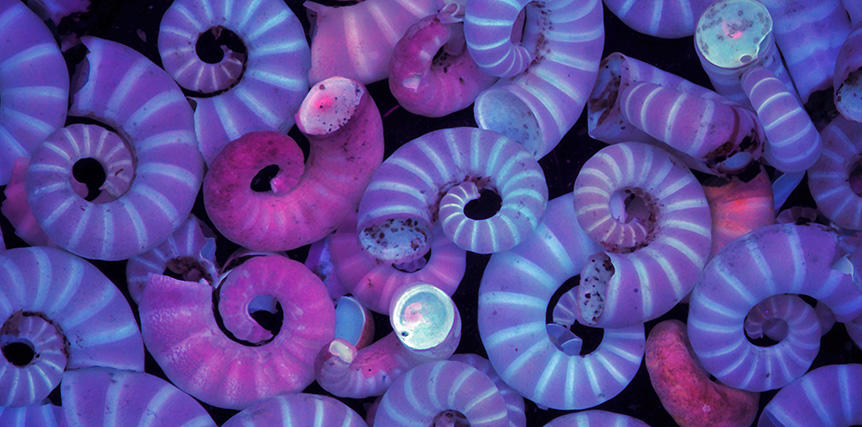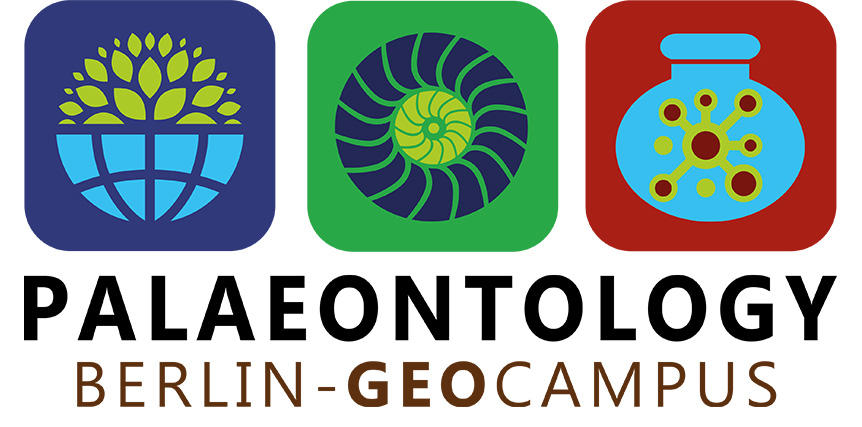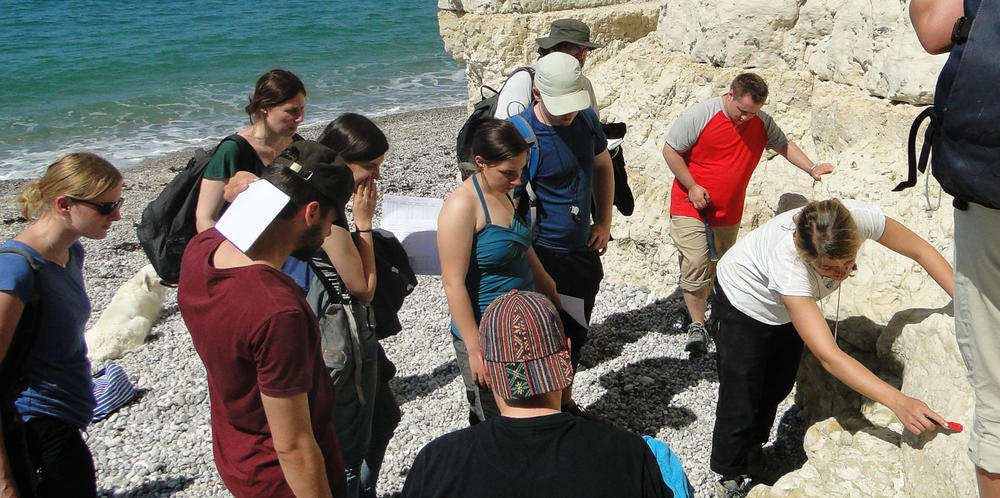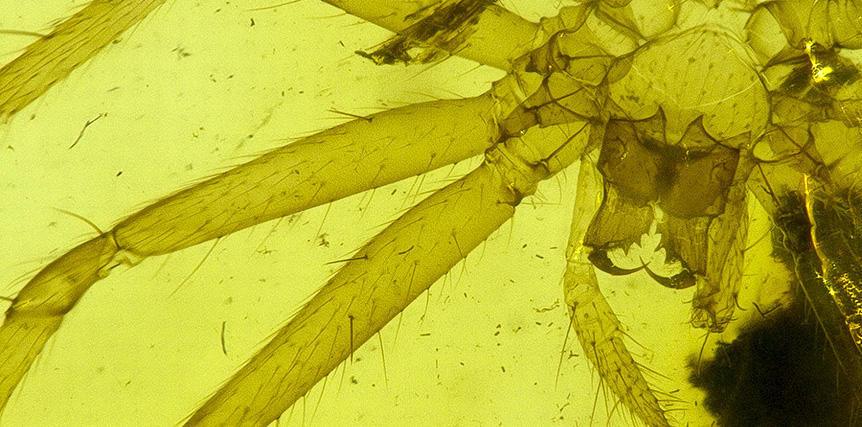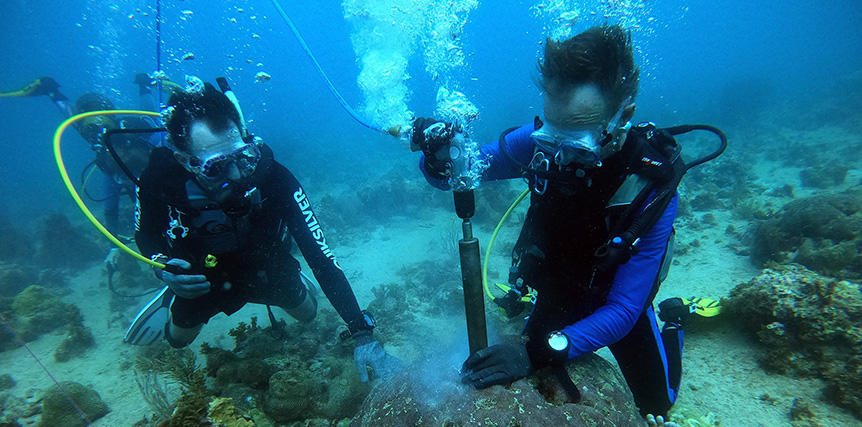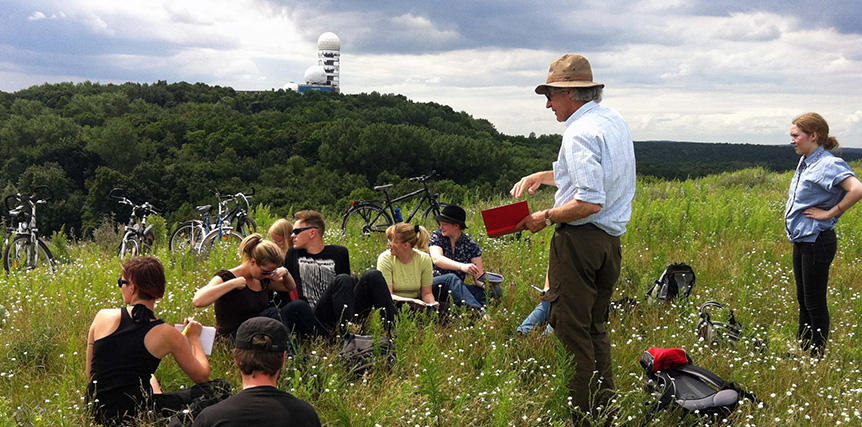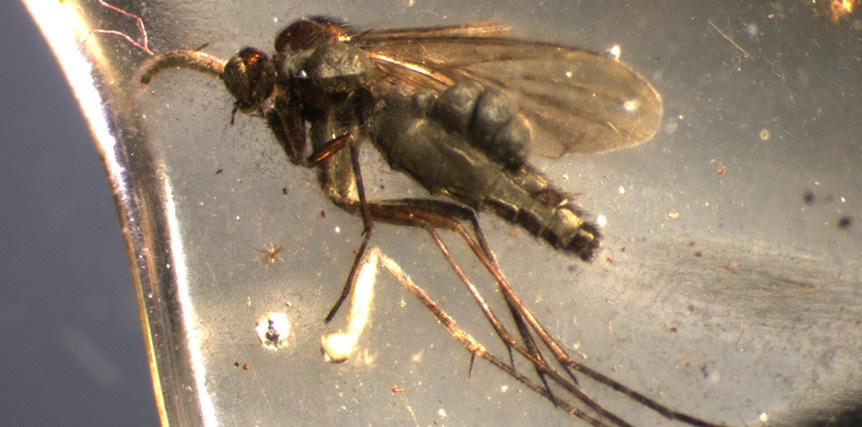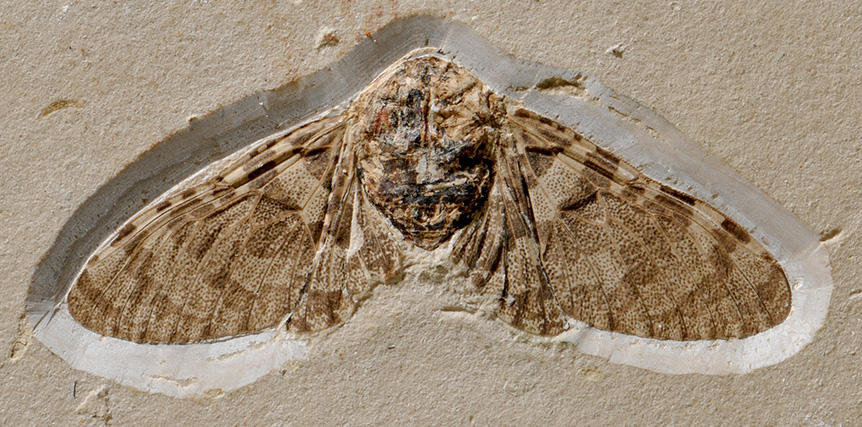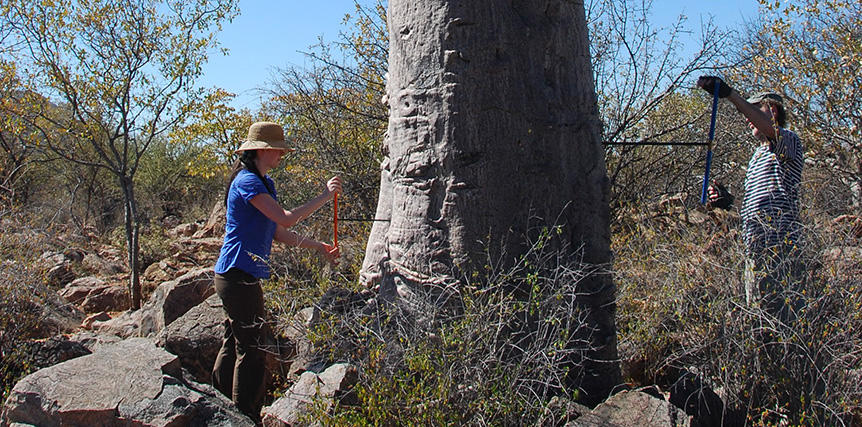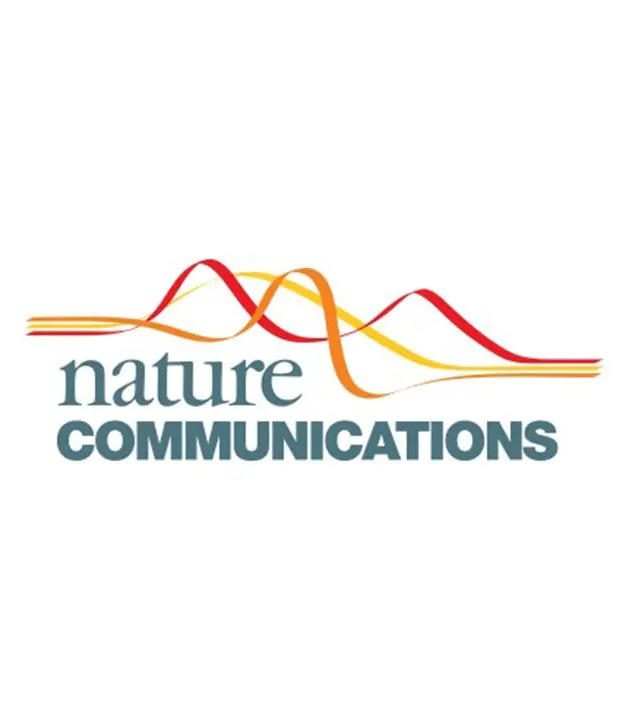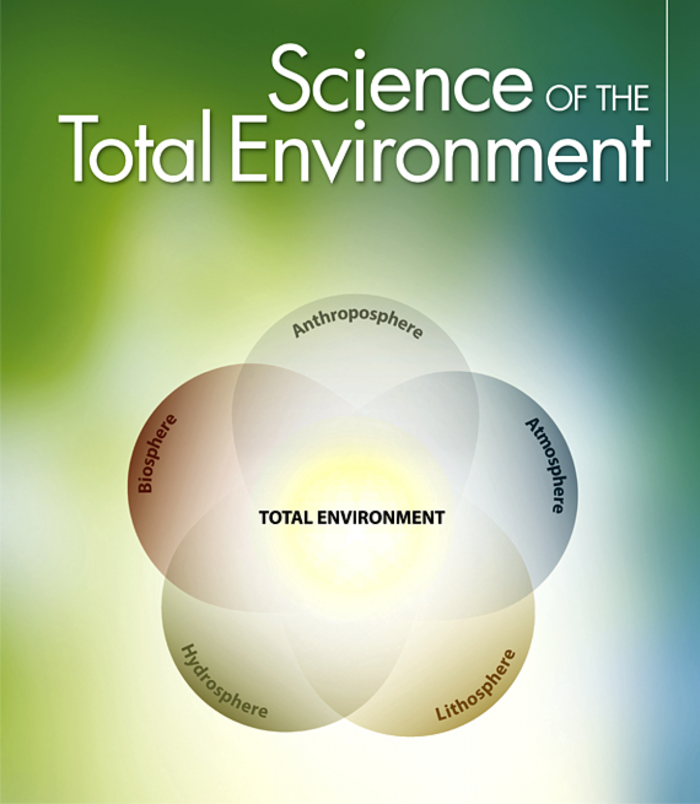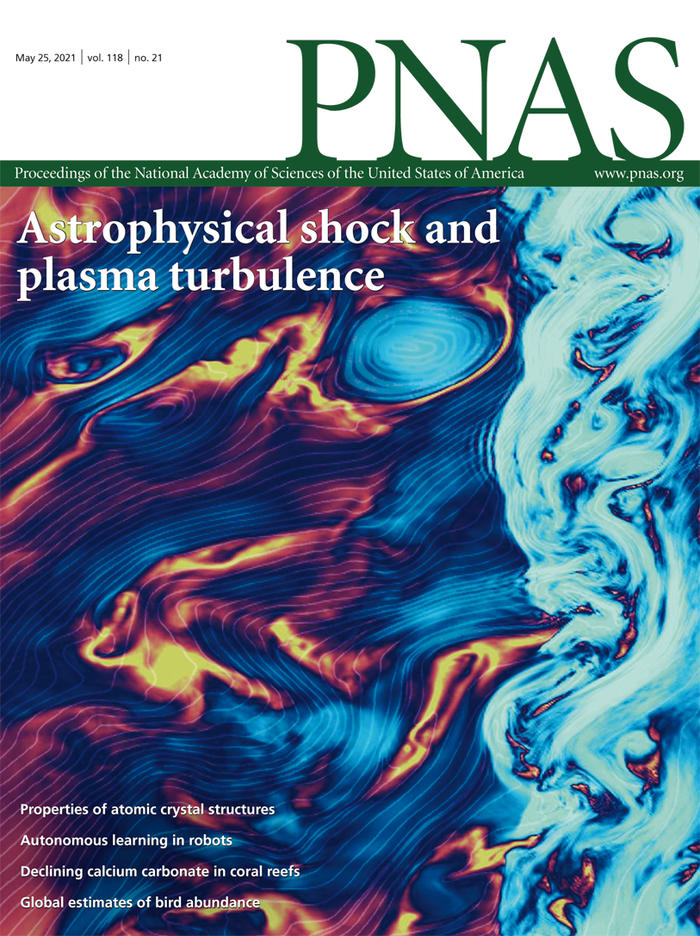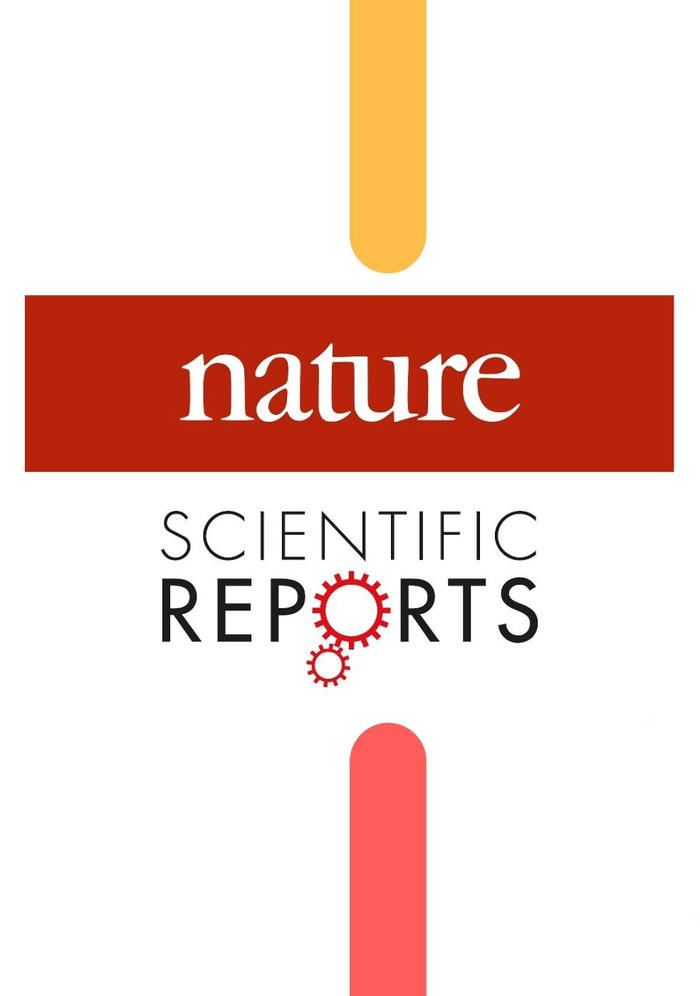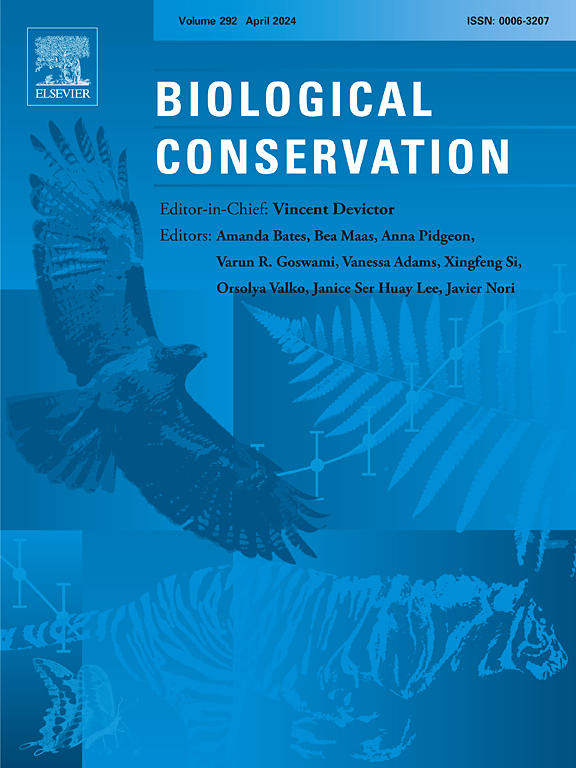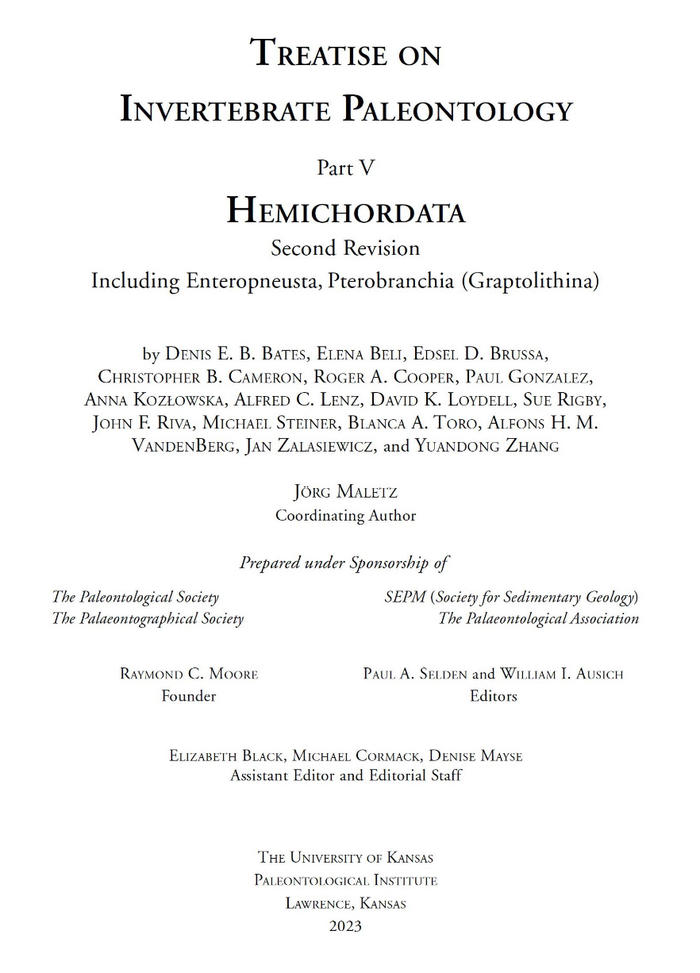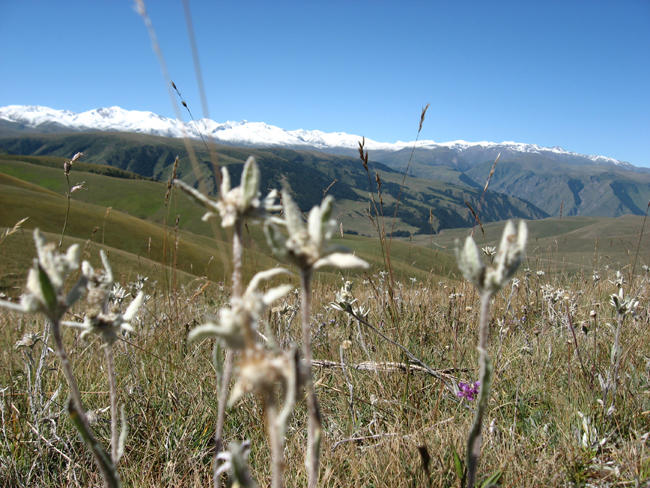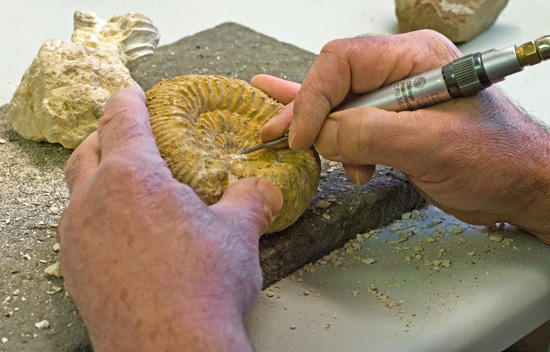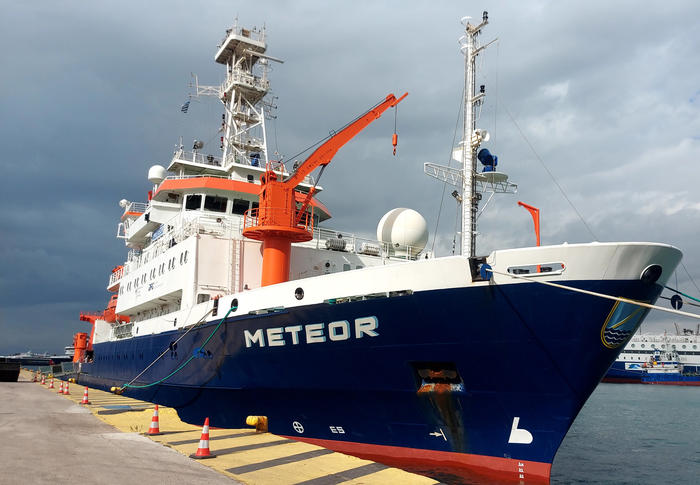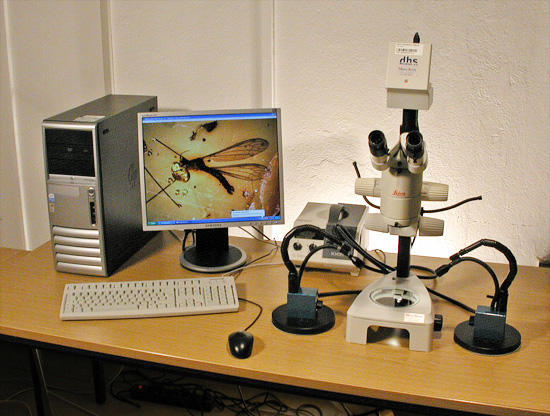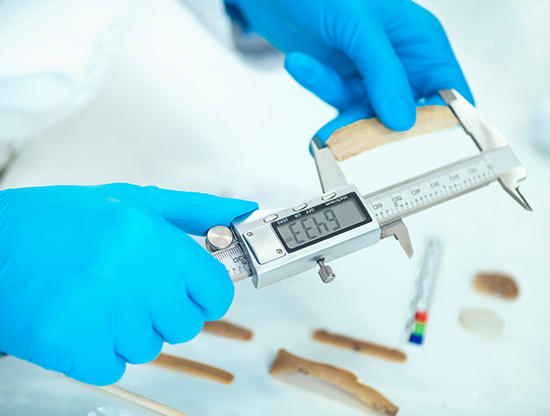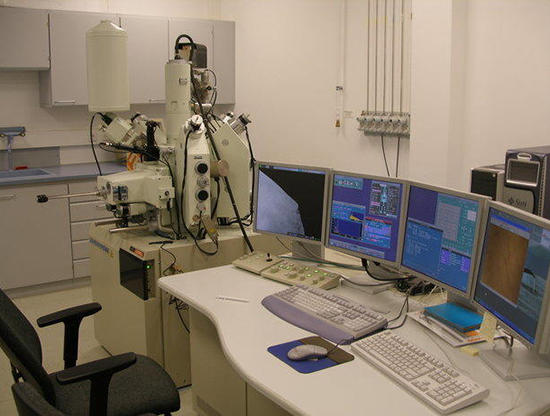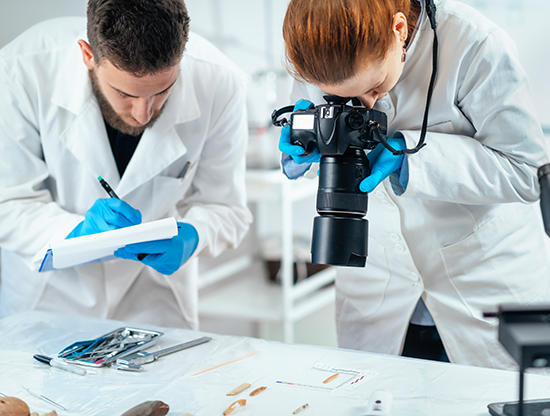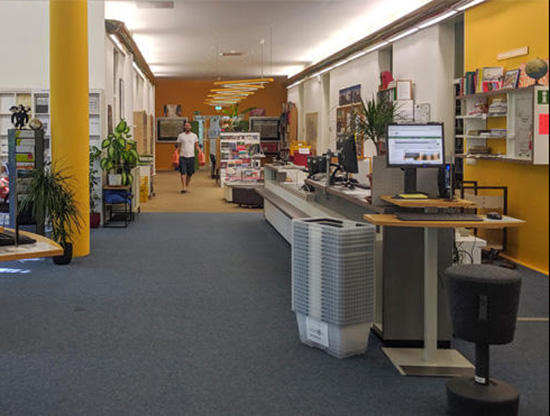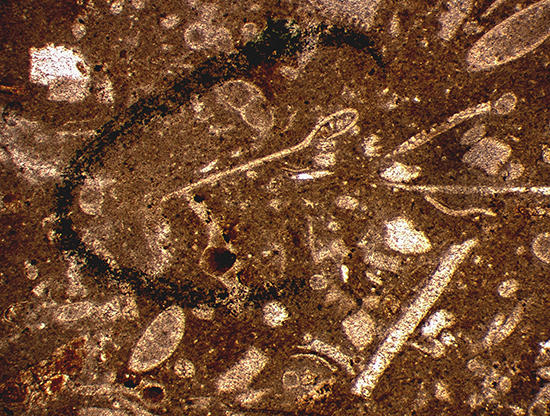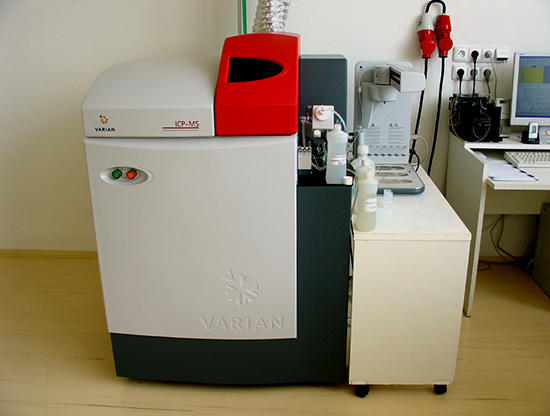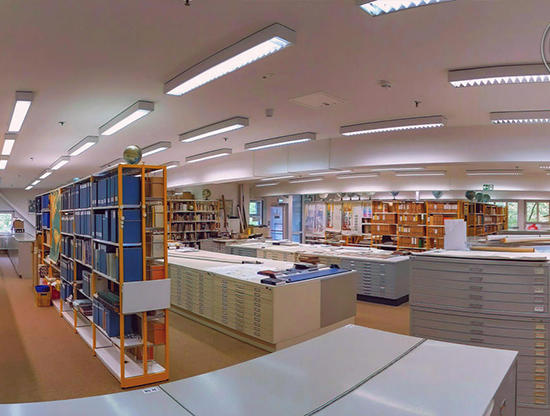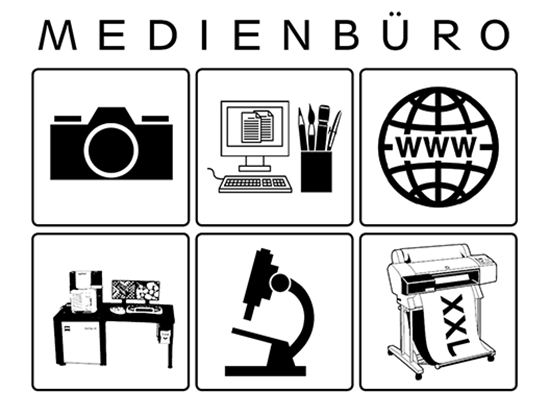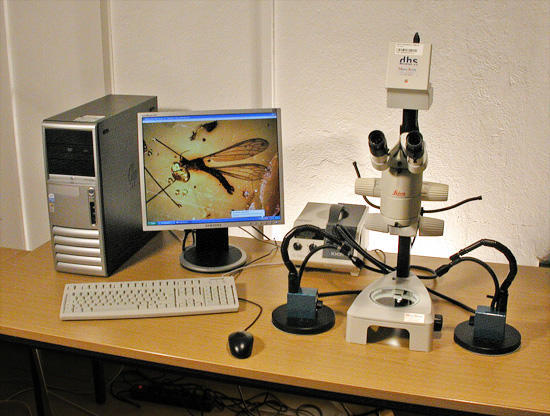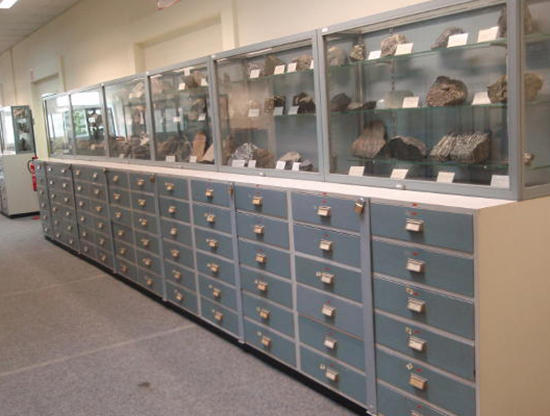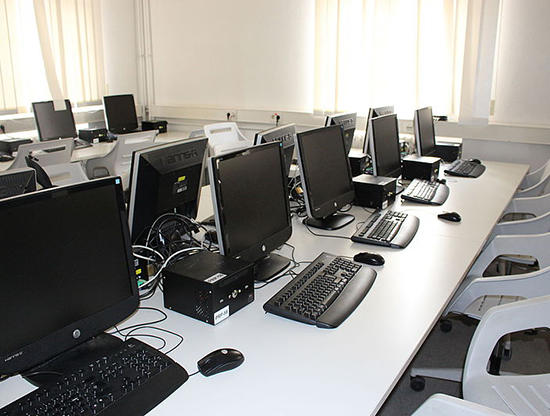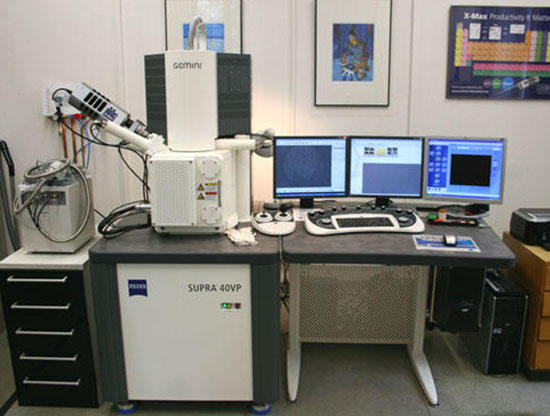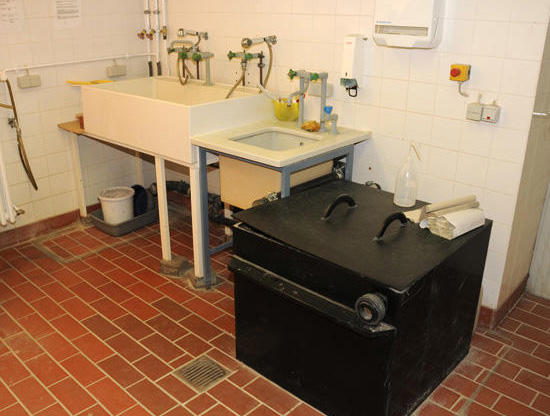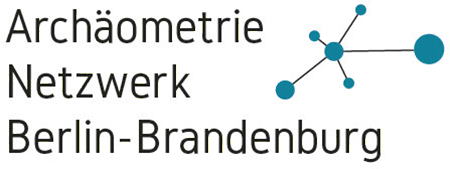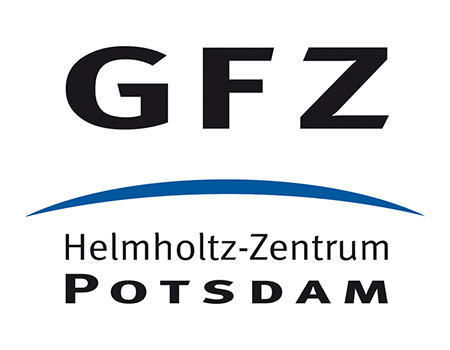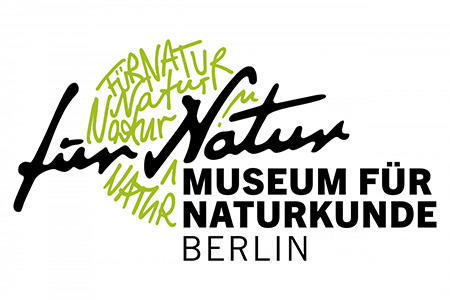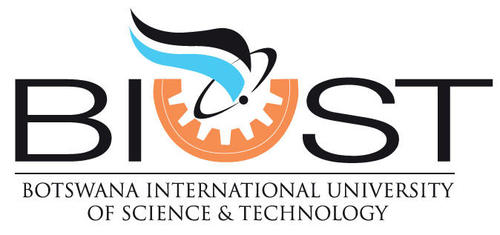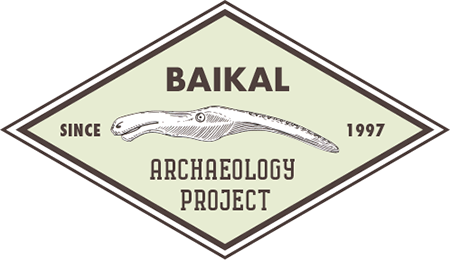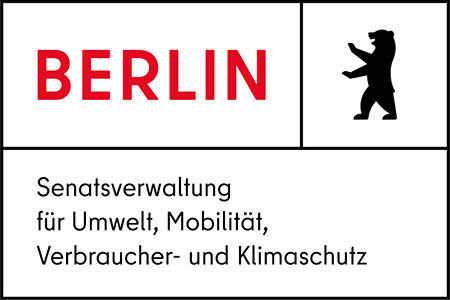
Explore the past, understand the future!
The main focus of paleontology is the intersection of geology and biology. In this specialization, students learn to analyze and interpret the living world of the Phanerozoic using a wide range of modern methods. By understanding fossils in paleogeographic, paleobiological, paleoecological and paleoclimatic contexts, students can, among other things, contribute to the reconstruction of climate and environmental change and derive scenarios for future developments.

Kalender
Our highlights
Neueste Publikationen
- (2025) New sauropod teeth from the Upper Jurassic of Portugal and their implications for sauropod dental evolution. Pap Palaeontol
- (2025) Farmers’ perceptions of Terminalia brownii management in agroforestry Parklands and its impact on soil physicochemical properties in the South Ari District, Southern Ethiopia. Agroforest System Journal
- (2025) Pacific Walker Circulation modulated millennial-scale East Asian summer monsoon rainfall variability over the past 40 kyr. Global and Planetary Change
- (2025) Societal changes in Ancient Greece impacted terrestrial and marine environments. Communications Earth and Environment
- (2025) Enhanced phosphorus weathering contributed to Late Miocene cooling. Nature Communications
- (2025) Precession modulates the poleward expansion of atmospheric circulation to the Arctic Ocean. Nature Communications
- (2025) Reconstruction of deep-water undercurrent variability from the outer Labrador Sea during the past 550,000 years. Quaternary Science Advances
- (2024) Eocene maar sediments record warming of up to 3.5 °C during a hyperthermal event 47.2 million years ago. Communications Eaarth and Environment
- (2024) Role of land-ocean interactions in stepwise Northern Hemisphere Glaciation. Nature Communications 15, 6711. OPEN ACCESS https://doi.org/10.1038/s41467-024-51127-w
- (2024) Combining orbital tuning and direct dating approaches to age-depth model development for Chew Bahir, Ethiopia. Quaternary Science Advances
- (2024). Effects of canopy management of umbrella tree (Terminalia brownii Fres.) on microclimate and maize (Zea mays L.) yield in agroforestry parkland of South Ari District, southern Ethiopia, Front. Sustain. Food Syst.
Research focuses of our employees
Insights into our department

Technical Equipment
Come to us and become part of our team!
Youtube
<iframe width="400" height="400" src="https://www.youtube.com/embed/tANeqZj8nEM?si=qA8pjJYWC3RJT3jZ" title="YouTube video player" frameborder="0" allow="accelerometer; autoplay; clipboard-write; encrypted-media; gyroscope; picture-in-picture; web-share" referrerpolicy="strict-origin-when-cross-origin" allowfullscreen></iframe>
youtube
<iframe src="https://www.google.com/maps/embed?pb=!1m18!1m12!1m3!1d1216.4354453426427!2d13.355332331612503!3d52.42713702631271!2m3!1f0!2f0!3f0!3m2!1i1024!2i768!4f13.1!3m3!1m2!1s0x47a85ad2eac7dbd7%3A0x82707a9957dc8396!2sFB%20Geowissenschaften%2C%20Malteserstra%C3%9Fe%2074-100%2C%2012249%20Berlin!5e0!3m2!1sde!2sde!4v1707319823021!5m2!1sde!2sde" width="1300" height="450" style="border:0;" allowfullscreen="" loading="lazy" referrerpolicy="no-referrer-when-downgrade"></iframe>
Google Maps
Malteserstraße 74-100, Haus D, 12249 Berlin
